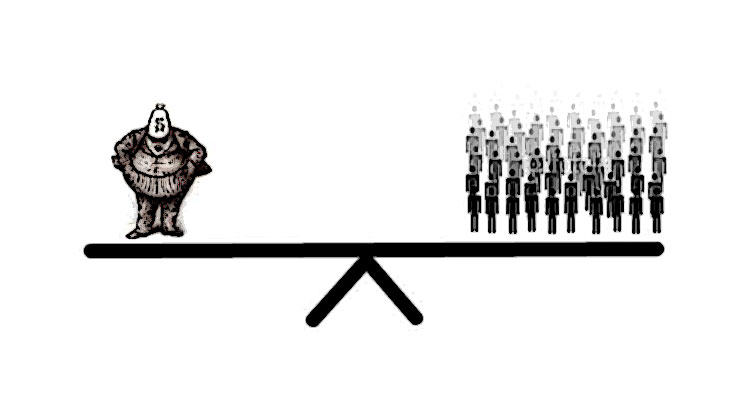 How does wealth inequality affect American democracy? This important question is addressed in an article by Katherine Getchell published in The University of California, San Diego Guardian. Here is an excerpt:
How does wealth inequality affect American democracy? This important question is addressed in an article by Katherine Getchell published in The University of California, San Diego Guardian. Here is an excerpt:
The United States calls itself a democratic republic. The Merriam-Webster Dictionary definition for a republic is a government structure where “the supreme power lies in a body of citizens who are entitled to vote for representatives responsible to them.” By contrast, in a democracy, “the supreme power is vested in the people and exercised by them directly or indirectly through a system of representation usually involving periodically held free elections.”
Naturally, a democratic republic blends components of both systems, where the people have the power to vote directly on certain measures and also to choose representatives to legislate on their behalf.
To be a democracy, power must rest in the hands of the people. But which people actually have the most power? Everyone has the ability to vote, but there is evidence to suggest that the wealth inequality in our country and the dependence of political success on funding create an opportunity for some individuals to influence our government with more than just their vote.
Read the full article here.
Leave a Reply